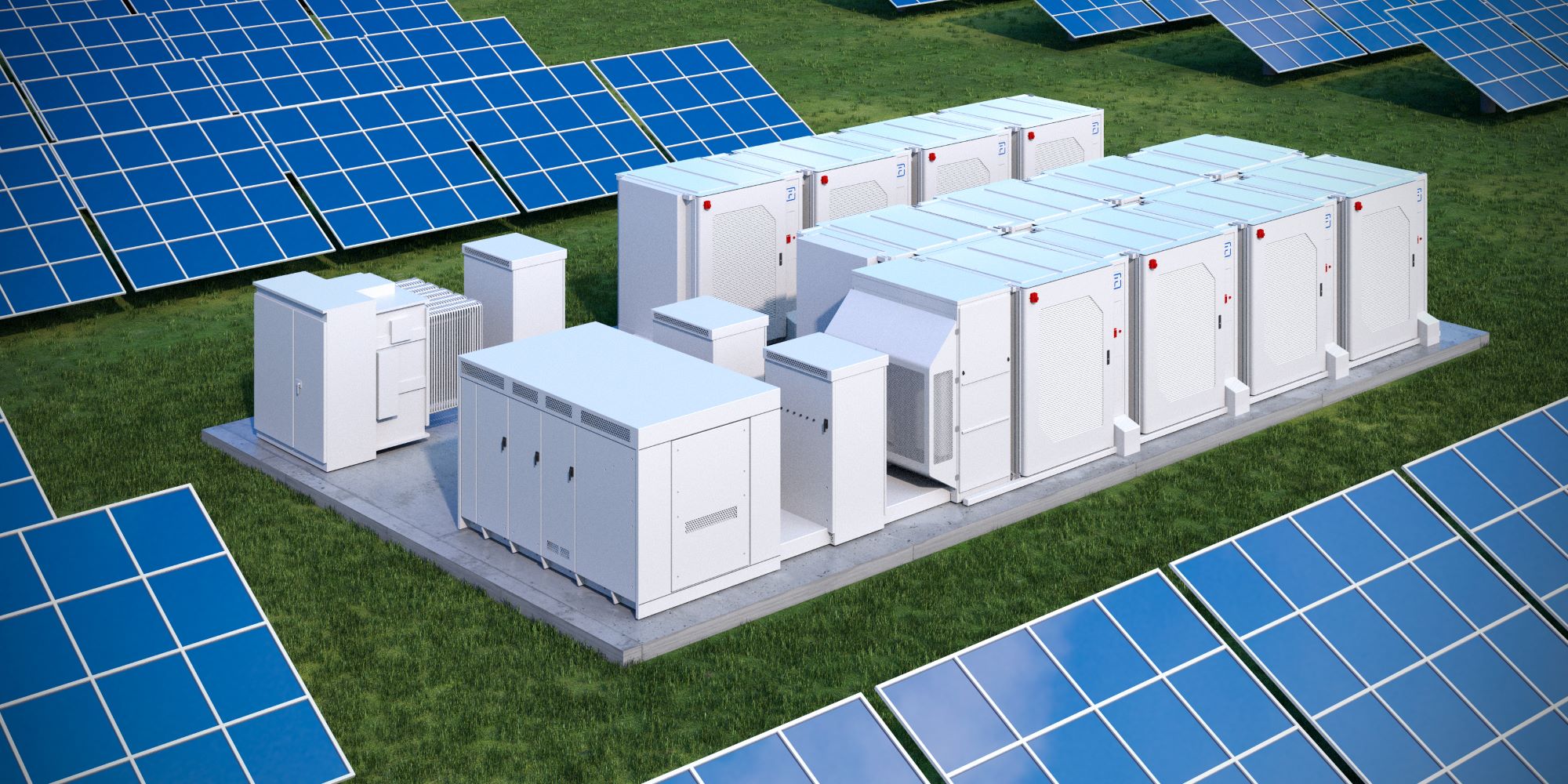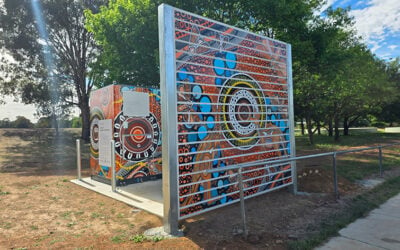
Fluence has announced that it has been contracted to deliver a large tranche of projects in Southeast Asia, but has agreed with its customer not to reveal yet which country they will be located in.
The portfolio will apparently be more than 500MW of energy storage systems that will “rapidly come to life across an entire country’s electricity network”, according to Fluence chief operating officer John Zahurancik, who ‘revealed’ the deal in a posting on the company’s own corporate blog earlier this week.
According to the blog, it’s Southeast Asia’s largest energy storage portfolio and Zahurancik wrote that it’s expected to be commissioned in under two years. The fleet will provide “critical grid services with no direct emissions, at a lower cost than traditional resources, and with the capability to allow other power assets to be used more efficiently”.
The Fluence COO also noted that his team built its first Southeast Asia battery storage project back in 2016, a 10MW system for parent company AES. Zahurancik said that a “small group of dedicated individuals” at the company buying its new 500MW portfolio is “working at a more ambitious scale than developed nations”.
Try Premium for just $1
- Full premium access for the first month at only $1
- Converts to an annual rate after 30 days unless cancelled
- Cancel anytime during the trial period
Premium Benefits
- Expert industry analysis and interviews
- Digital access to PV Tech Power journal
- Exclusive event discounts
Or get the full Premium subscription right away
Or continue reading this article for free
The energy storage technology provider follows the precedent set by rival Wärtsilä, which said in January that it had signed EPC and technology supply contracts for a 100MW / 100MWh standalone battery energy storage project in an unnamed Southeast Asian country.
It’s been a busy month in a busy year for Fluence, with the company having just officially launched its sixth generation of energy storage systems, hired a new CEO and then a new chief product officer and battled on to continue working on its projects – at a safe distance – during the COVID-19 pandemic.
While speaking recently about the new product range, built on modular energy storage ‘Cube’ building blocks, Fluence’s VP for strategy marketing and communications Brian Perusse told Energy-Storage.news a little about what it takes to start deploying energy storage systems in a new territory.
“I think one of the things Fluence has been good at it is entering new markets, really trying to help figure out the new rules, the regulations the capabilities that we pride ourselves on being the first to help customers navigate those,” Perusse said.
“It doesn’t come without challenges but those are things our team likes working on and gets excited about, generally our customers appreciate that that are trying to do something different or new.”





